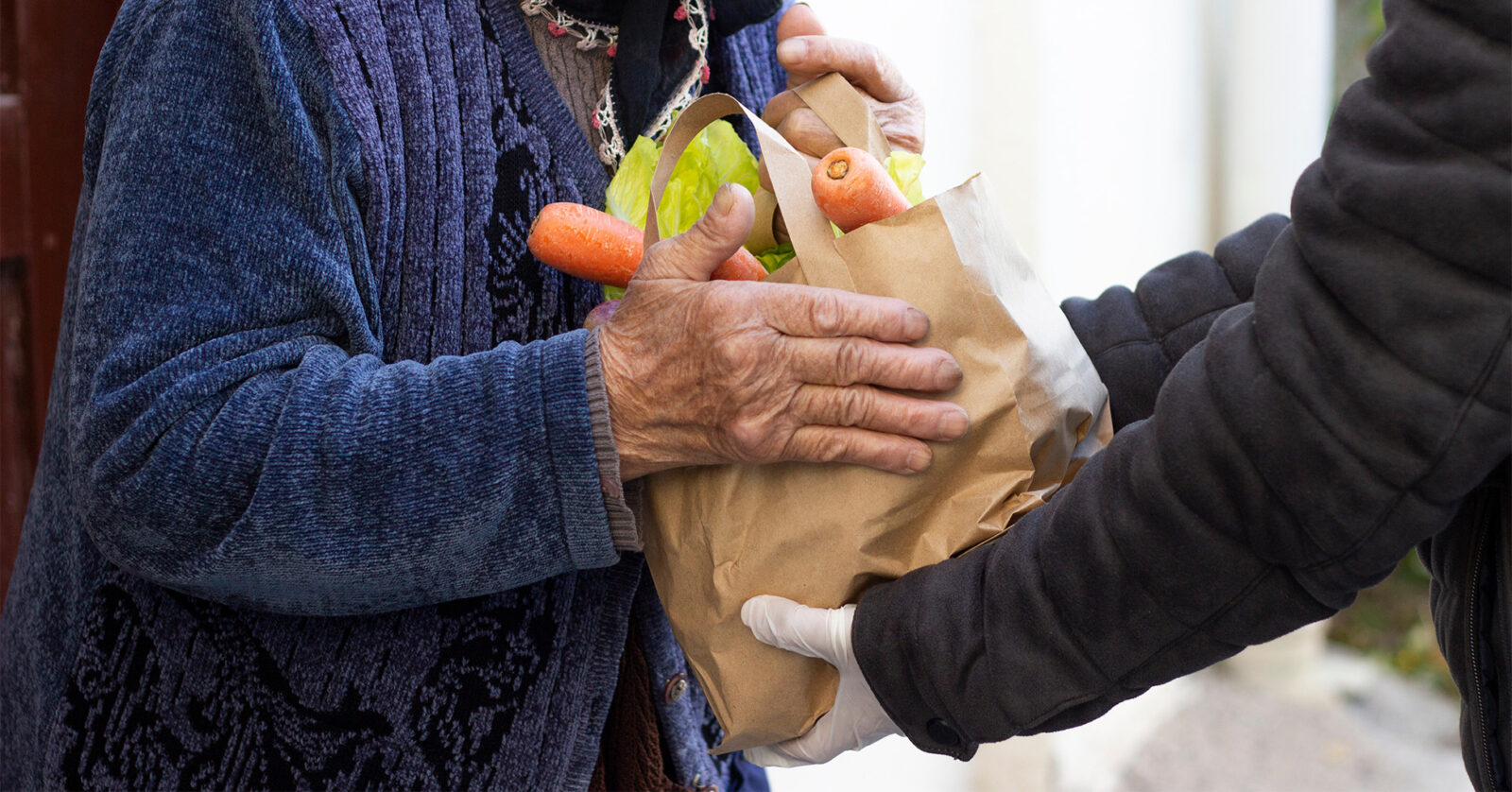Washington State Must Invest to Sustain Senior Nutrition Services

Mary was a nurse for 40 years, so she understands the importance of good nutrition. But she said recent inflation “caused a great change” in her life in Vancouver, Wash. It became harder to afford nutritious quality food. After six months of eating mostly Cheerios and tuna fish, a friend helped Mary sign up for meal delivery through Meals on Wheels People—and she says it saved her life.
“I’m alive because of what you guys do,” Mary said. “I probably was going to starve to death. Now, I’ve got actual real food to eat every day.”
Washington’s Area Agency on Aging (AAA) programs, in both urban and rural communities across Washington, regularly hear such stories. In partnership with the state’s Department of Social and Health Services, AAA programs provide food via community sites, Meals on Wheels, senior center food pantries, and mobile food pantries to make sure older people have enough nutritious food to stay healthy and hunger-free.
The demand for these critical services has grown as Washington’s population of older people has skyrocketed. The state’s 65-and-older population grew by a remarkable 63 percent from 2010 (about 828,000) to 2022 (1.35 million). By comparison, the overall population grew by 17 percent in that period.
Unfortunately, Washington has underinvested in the nutrition safety net for older people and people with disabilities. Despite having significantly more older people, many of whom have fixed incomes particularly vulnerable to the effects of inflation, our state budget hasn’t added ongoing funding for these critical meal programs in years.
The evidence is clear that these nutrition programs are an essential part of the safety net in our communities:
- Meal programs promote health for older adults and people with disabilities. Healthy, regular meals prevent hospitalization, delay residential care, and protect against frailty and damaging falls.
- Group meal programs combat loneliness, an epidemic among our older people. Loneliness and isolation have far-reaching impacts, with health consequences as bad as smoking 15 cigarettes a day.
- Meal programs help older people prevent food insecurity and manage related illnesses: older people who are food insecure are 65 percent more likely to be diabetic, and also more likely to suffer from congestive heart failure, high blood pressure, asthma, and other conditions.
The state’s budget must keep pace with the current level of need among older adults and people with disabilities. We are urging the Washington State Legislature to add $35.4 million in ongoing funding to feed the current caseload of older adults and people with disabilities who are served by AAA nutrition programs.
You can help! Do you or someone you know participate in one of these nutrition programs? Fill out this quick feedback form and let us know how important these services are to you.
 Contributor Cathy Knight is State Director for the Washington Association of Area Agencies on Aging (W4A). Learn more at AgingWashington.org.
Contributor Cathy Knight is State Director for the Washington Association of Area Agencies on Aging (W4A). Learn more at AgingWashington.org.
This article appeared in the December 2024 issue of AgeWise King County.
![Aging & Disability Services for Seattle & King County [logo]](https://www.agingkingcounty.org/wp-content/themes/sads/images/seattle-ads-logo.png)